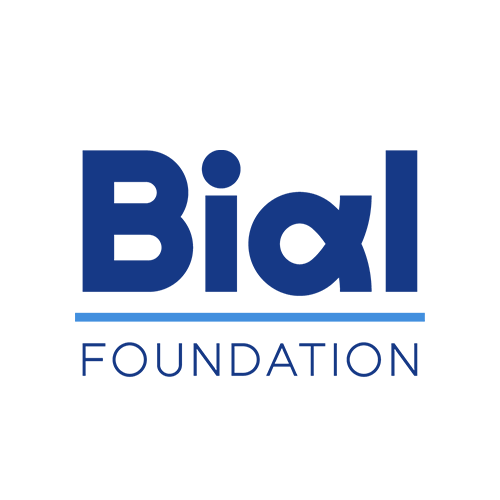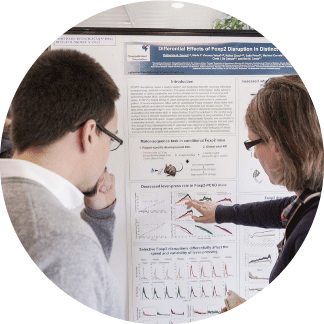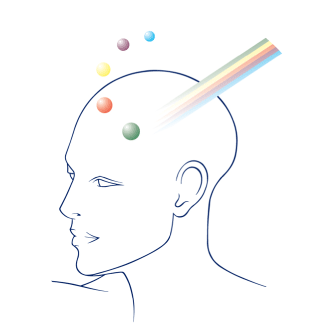News
Top Stories

Does your dog have social skills?
A study suggests that viewing the owner’s face works as a positive social reinforcement for dogs. Learn more about this and other surprising results about “man’s best friend”.
News
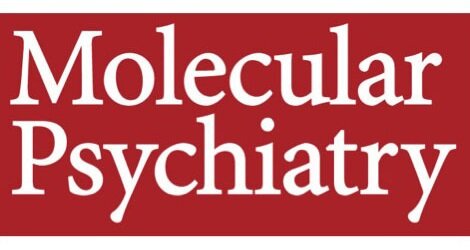
Inter-individual differences in fear extinction
In the scope of the research project 85/18 - Role of NT3/TrkC in the regulation of fear, supported by the BIAL Foundation, Mónica Santos and colleagues, using a behavioural model of fear extinction, assessed mice that successfully extinguish fear and those that fail. Inter-individual differences in the ability to extinguish fear have a dual outcome: first on setting the vulnerability to develop anxiety and fear-related disorders, and second on determining the effectiveness of exposure therapy towards patients in this group of disorders. Indeed, fear extinction mechanisms that support exposure therapy principles are often impaired in patients with fear-related disorders. The formation of fear memories and their extinction is dependent on synaptic plasticity events occurring at amygdalar fear and extinction microcircuits. Using the aforesaid model, the team identified a key role for the NT3-TrkC system in fear extinction, through modulation of amygdalar NMDAR composition and synaptic plasticity. This study validates the TrkC pathway as a potential therapeutic target for individuals with fear-related disorders and reveals that combining exposure therapies with drugs that enhance synaptic plasticity may represent a more effective and lasting way of treating anxiety disorders. To know more read the paper The amygdala NT3-TrkC pathway underlies inter-individual differences in fear extinction and related synaptic plasticity published in the journal Molecular Psychiatry.
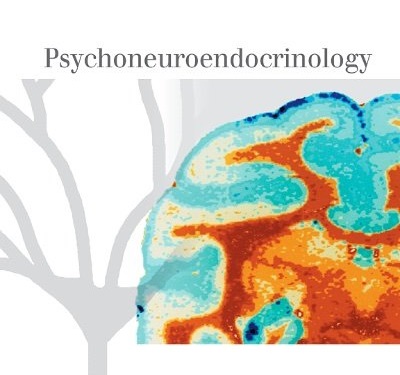
The oxytocin’s (OT) role in human cognition
In the scope of the research project 292/16 - Oxytocin: On the psychophysiology of trust and cooperation, supported by the BIAL Foundation, the research team led by Diana Prata conducted a double-blind, between-subjects, placebo-controlled pharmaco-EEG aimed to test whether intranasal OT (inOT) affects the neural processing time-course of salience attribution processing of social stimuli (expressing fearfulness) and non-social stimuli (fruits) made relevant via monetary reinforcement. The main highlights of the study were: intranasal OT affected early ERPs regardless of (fearful) social or reward contexts; OT’s role in fear-related early salience attribution, may be social/reward-independent; the partially support the tri-phasic model of OT, which posits OT enhances salience attribution in an early perception stage regardless of socialness. To know more, read the paper Oxytocin modulates neural activity during early perceptual salience attribution published in the journal Psychoneuroendocrinology.
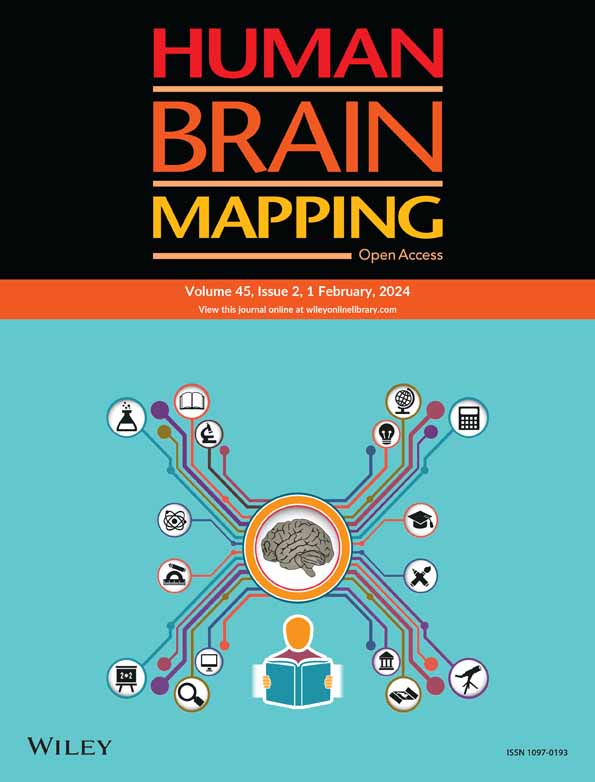
The perception of visual motion
Everyday interactions with the environment require a correct estimation of both self- and object- motion velocities. Perception of object-motion speed is essential to approach or avoid them properly. In many circumstances, object-motion perception is complicated by concomitant self-motion. One of the main challenges for the visual system is to determine the source of the movement that generates the flow pattern: self-motion, object-motion, or their combination. Thus, the research team led by Valentina Sulpizio aimed to establish (1) the sensitivity of several motion-related cortical regions (egomotion regions) to different visually induced motion conditions, including both self- and object-displacements and a combination of them; and (2) whether the activity of these regions was affected by the velocity of both self- and object-motion, thus providing new insight into their role in discriminating between different self- and object-motion velocities. A differentiated profile emerged among the egomotion regions (cingulate sulcus visual area, posterior cingulate sulcus area, posterior insular cortex [PIC], V6+, V3A, IPSmot/VIP, and MT+) during a visual motion stimulation including self- and object-displacements and a combination of them. All the egomotion regions (except area PIC) responded to all the possible combinations of self- and object-motion and were further modulated by the self-motion velocity. Interestingly, only MT+, V6+, and V3A were further modulated by object-motion velocities, hence reflecting their possible role in discriminating between distinct velocities of self- and object-motion. These findings are detailed in the paper Neural sensitivity to translational self- and object-motion velocities published in the journal Human Brain Mapping, in the scope the research project 24/20 - World-relative object motion: How the brain detects object motion while we are moving, supported by the BIAL Foundation.


